Electric vehicles experienced a surge in demand globally between 2022 and 2024, however the market has now largely cooled for a variety of reasons.
In the case of the hypercar segment, it’s almost frozen. EV specialist Rimac has struggled to fulfil 150 order slots for its Nevera electric hypercar, despite it previously holding almost two dozen records.
It’s something two other well-known hypercar brands are very aware of, with executives from both Koenigsegg and Pagani recently saying they see low demand for their flagship vehicles to go electric.
“The appetite in the market for this level of car, fully electric, is extremely low,” Christian von Koenigsegg told Top Gear, speaking of the brand’s next model, due in 2026 or 2027.
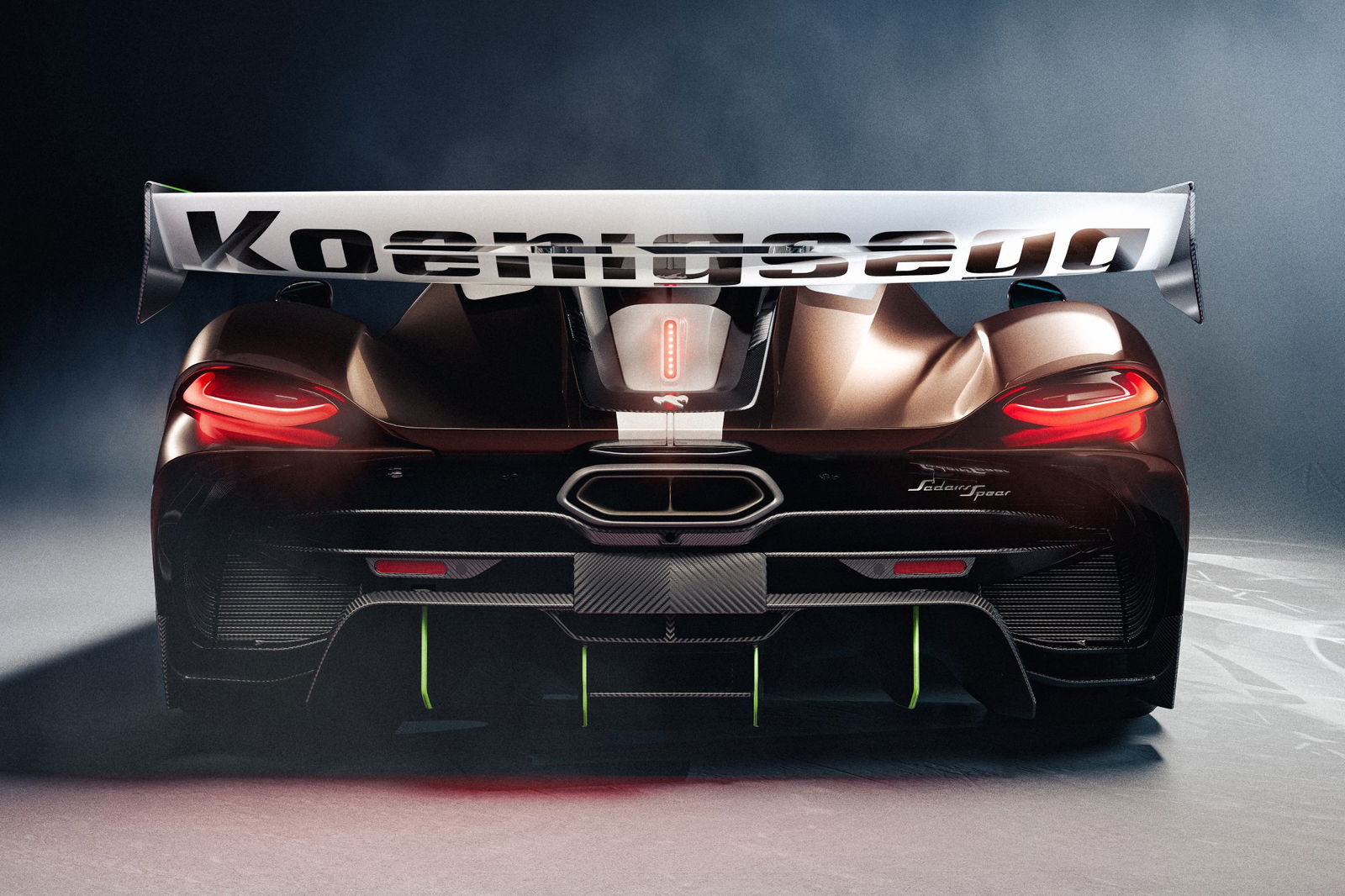
“So that’s one aspect. But also, [I’ve] kind of experienced electric cars myself for many years, and loving the responsiveness, the smoothness, how easy it is to live with it and all of this.
“But, after a while, if you’re a car enthusiast, you want to talk to the beast, right? You want to have a dialogue. It’s an argumentation. You want to hear how it’s feeling and in what mood it is.
“You want the throbbing, the pumping, the heat, the sounds, the shifts, all of these aspects that just make it come alive. I would say an electric car is a bit more of a robot. This is a bit more of an animal.
“And it’s a bit like what the watch industry went through, of course. You had the 70s, you have the quartz watch coming in and killing the analogue mechanical watches. But then they came back because people just wanted a hand-built emotional piece.
“Here, it also brings more performance around a track than any EV can because it’s lighter. But you have all of those aspects of Swiss watchmaking in the shape of a car.”
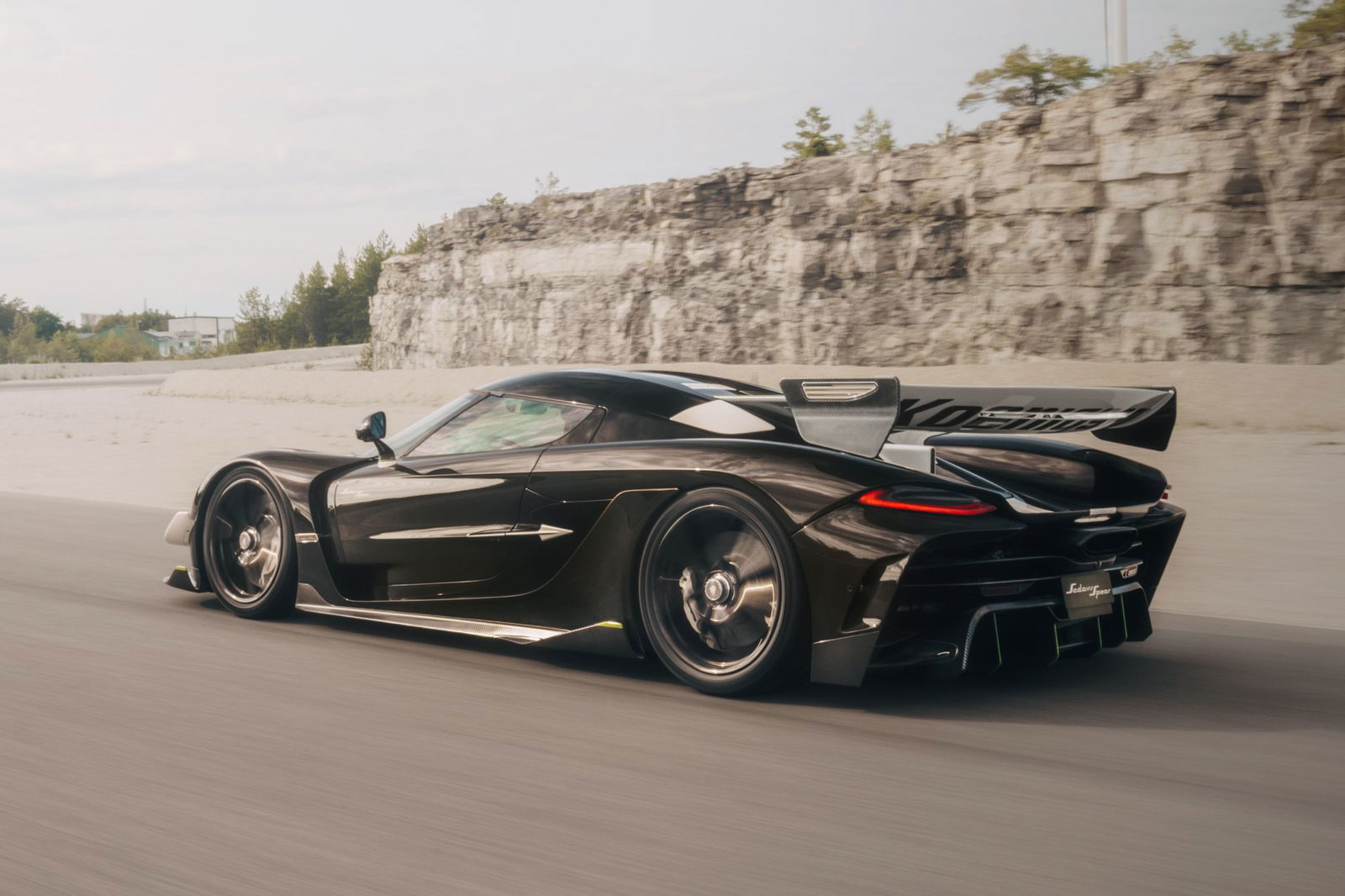
For Pagani – the brand famous for its supercars with Mercedes-AMG V12 engines – the electric hypercar was close to being a reality, with its Utopia model series originally planned to be available with battery power.
However, Pagani’s head of PR and events, Sebastian Berridi, told CarBuzz customer feedback led to this plan being scrapped.
“When we started the development of the Utopia eight years ago, we dedicated a team to a fully battery-electric model. The idea was to launch an electric Utopia and combustion version,” Berridi said.
“We never thought of a hybrid because we believed it was very complex. The technology was not at its peak in that period.
“We showed the idea to our dealers and our customers, but no one showed interest. We are a family-owned company, so we had to abandon the battery-electric vehicle.
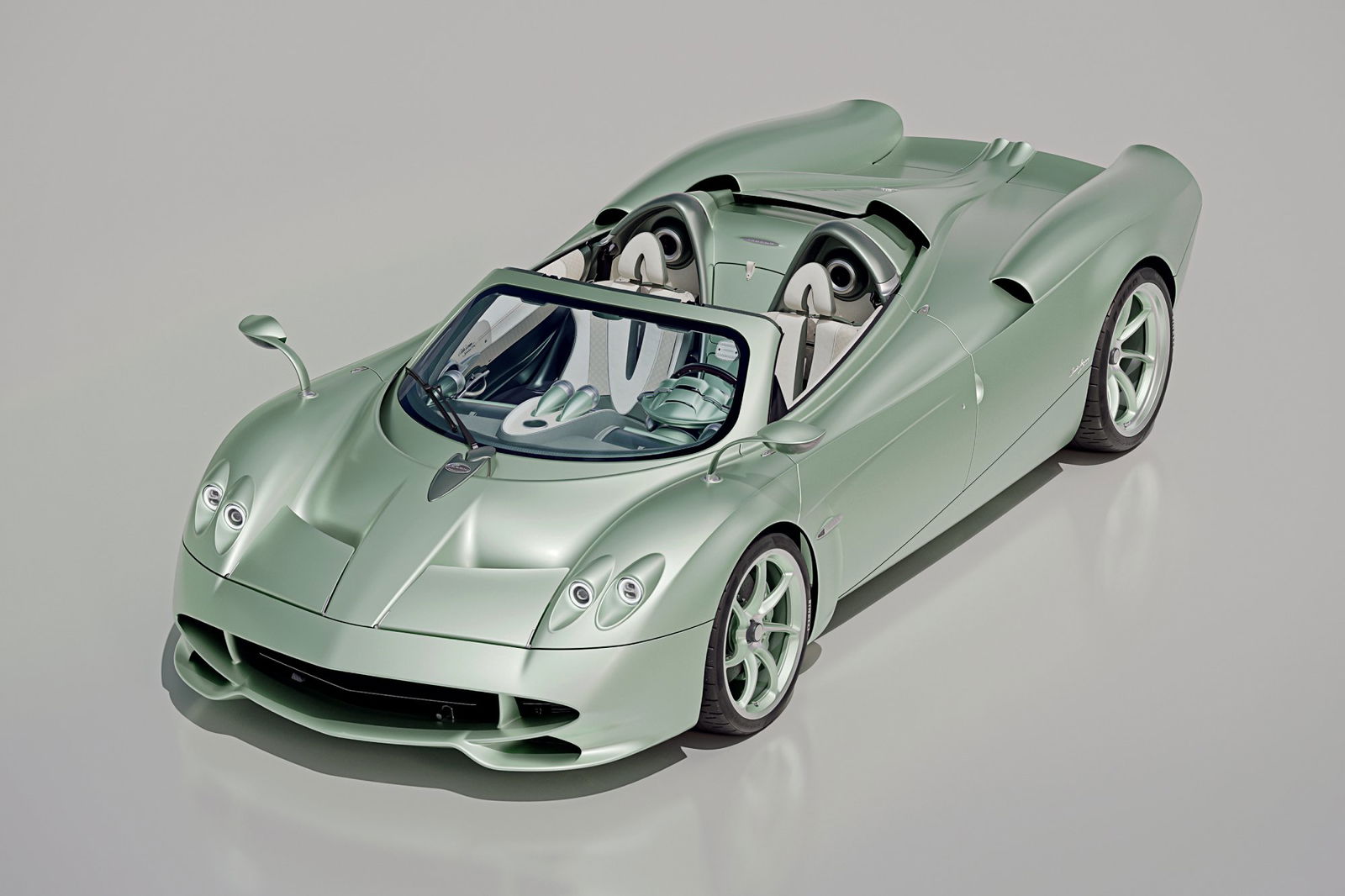
“It’s a shame because we invested a lot in research and development. We were very close to suppliers for Mercedes-AMG. They were at the peak of technology. We had to cancel it. We have to make a sustainable company, and we can’t go against our economic interest.”
While Pagani hasn’t ruled out an EV in the future, Berridi conceded it wouldn’t make an environmental difference.
“We still research electric cars because Horacio [Pagani] is a very curious person with a scientific approach to life.
“If we are to research an electric Pagani, it must drive like a Pagani. Today, that’s not available. Simulations show the car would weigh 600-700 kilograms more. And an electric Pagani would not improve our ecological footprint; just look at the annual mileage of our cars.
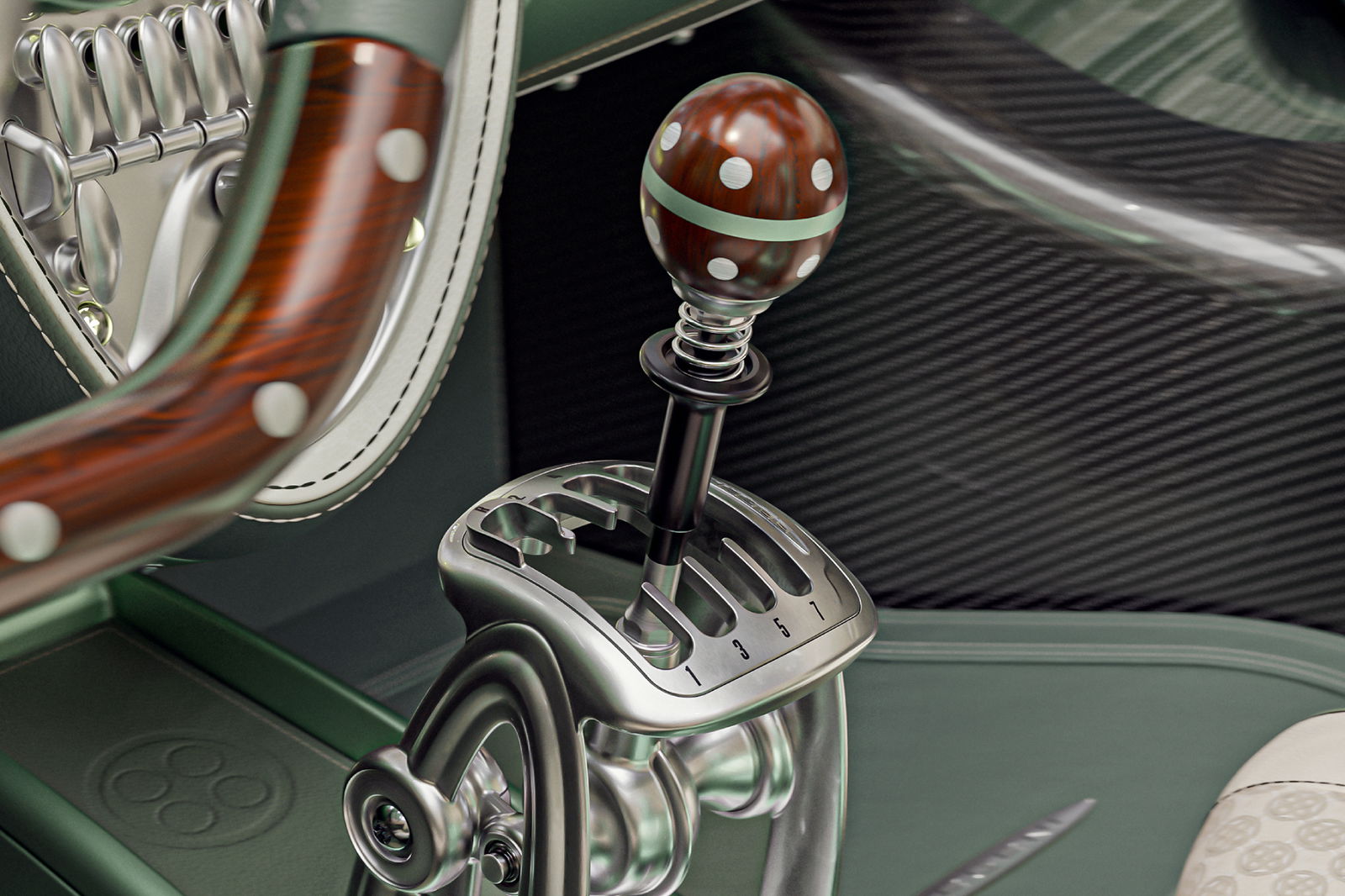
“AMG homologated the [V12] engine until 2030 in Europe and 2032 in California, and we are confident that the homologation will be extended. It’s very confusing because the legislation changes a lot.
“The V12 is a celebration; to be able to homologate a manual with a V12. The mechanical engineering is a cerebral celebration that the customer needs. There are no plans to move away [from the V12].”
Within the past month, both Koenigsegg and Pagani have revealed hypercars which – thankfully – still have sonorous engines mounted behind the driver.



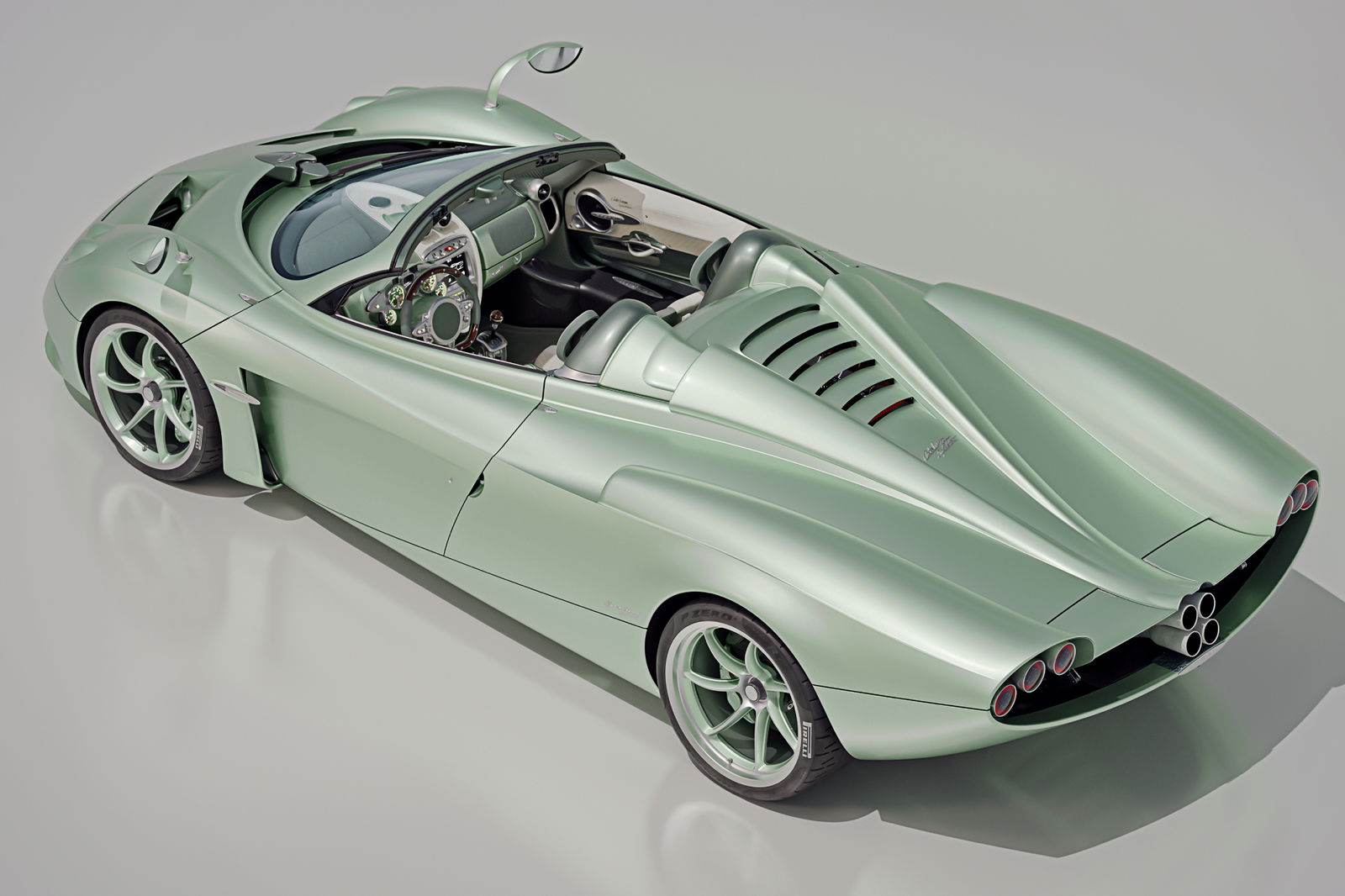














Discussion about this post